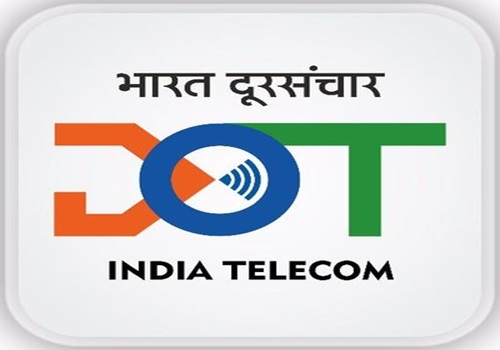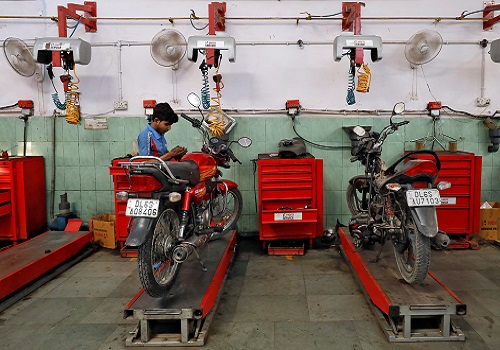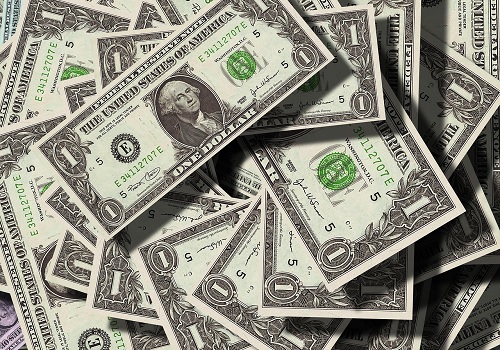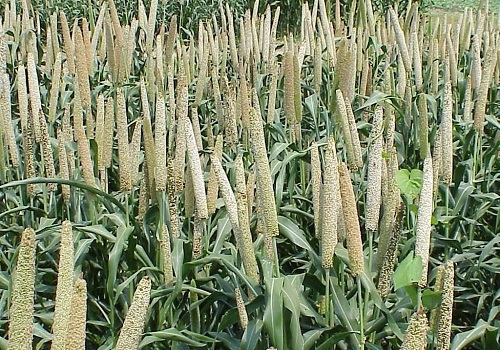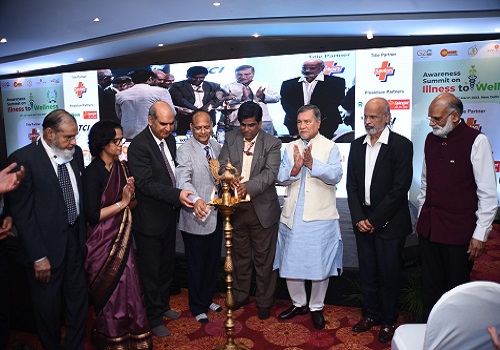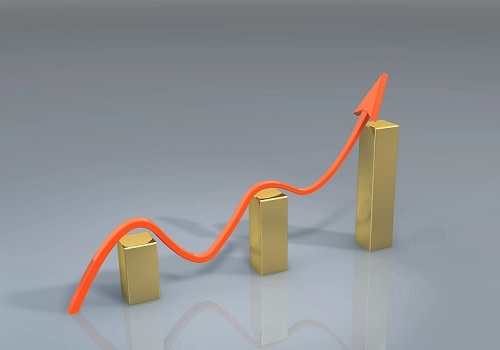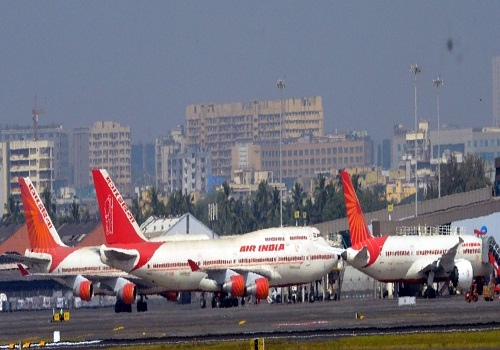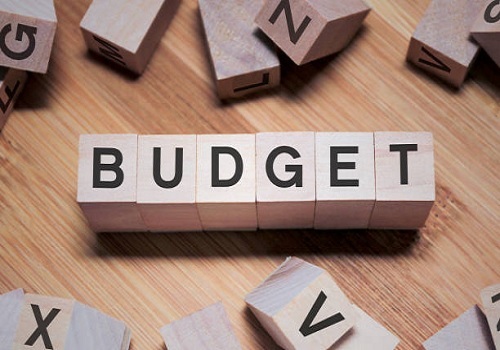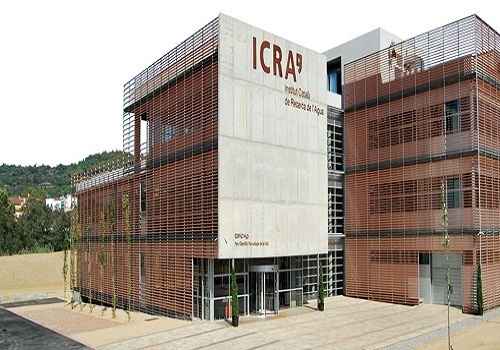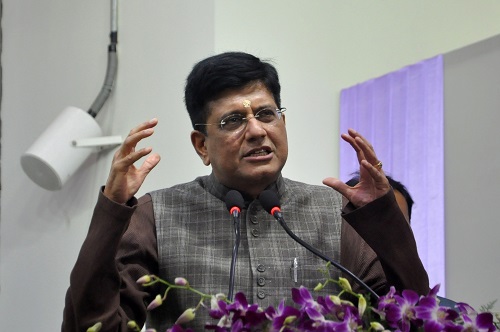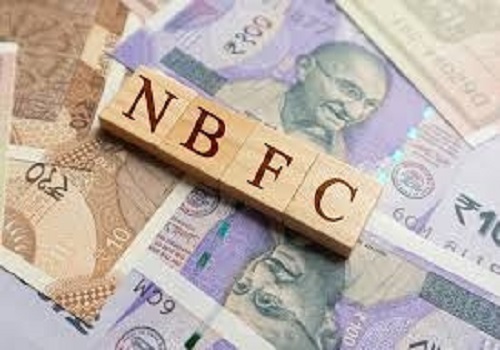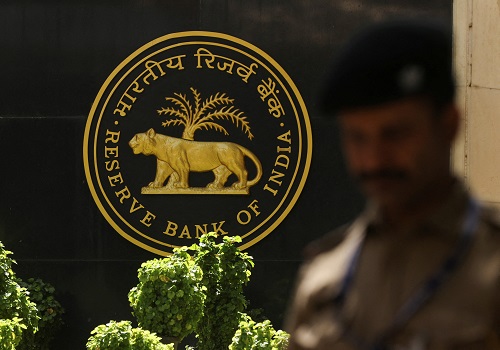Need to double income tax exemption limit to Rs 5 lakh in forthcoming Budget: Assocham
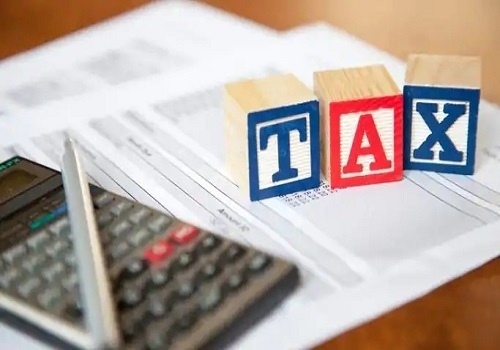
Follow us Now on Telegram ! Get daily 10 - 12 important updates on Business, Finance and Investment. Join our Telegram Channel
With an aim that the economy gets a consumption boost, industry body Assocham has made a strong case for doubling the income tax exemption limit to Rs 5 lakh in the forthcoming Budget. Currently, the maximum amount of income which is not chargeable to income tax is Rs 2.5 lakh. In case of persons in the age bracket of 60-80 years, it is Rs 3 lakh and Rs 5 lakh for senior citizens who are above the age of 80. Assocham President Sumant Sinha opined that companies in sectors like steel and cement are now beginning to make plans to increase capacities. Talking about the downside risks, he shared that globally, the world might go into recession and that will impact the external sector, and therefore may affect India's gross domestic product (GDP).
The chamber said the government should increase the exemption limit for income tax to at least Rs 5 lakh so that more disposable income is left in the hands of consumers and the economy gets a consumption boost and further leg-up in the recovery. Sinha said buoyancy in both direct and indirect taxes should give enough elbow room to the government for raising the income tax exemption limit. He said the government must respond to the proactive steps other nations are taking to support the production of green hydrogen as India strives to become a major energy producer. Attention should be given to sustainable and green industries to promote job growth and a green economy.
The chamber said along with consumption, the other path to sustainable growth would be further promoting investment. In this direction, it said the 15 per cent corporate tax rate for new investments in manufacturing can be extended to all sectors, including services. Suggesting another relief measure, it said the interest for late payment of GST should be reduced to 12 per cent from 18 per cent. The penal interest rate of 18 per cent is too high, particularly for MSMEs.
About India Inc's investment scenario, Sinha opined that companies in sectors like steel and cement were now beginning to make plans to increase capacities which is necessary because as consumer demand picks up, if productive capacity is not increased in some of these areas then it will lead to higher inflation. Talking about the downside risks to the economy, he said that ‘the world might go into recession and that will hit our external sector, and therefore might have an impact on the gross domestic product’. However, he added that commodity prices and oil rates will come down, which will be positive for India.













